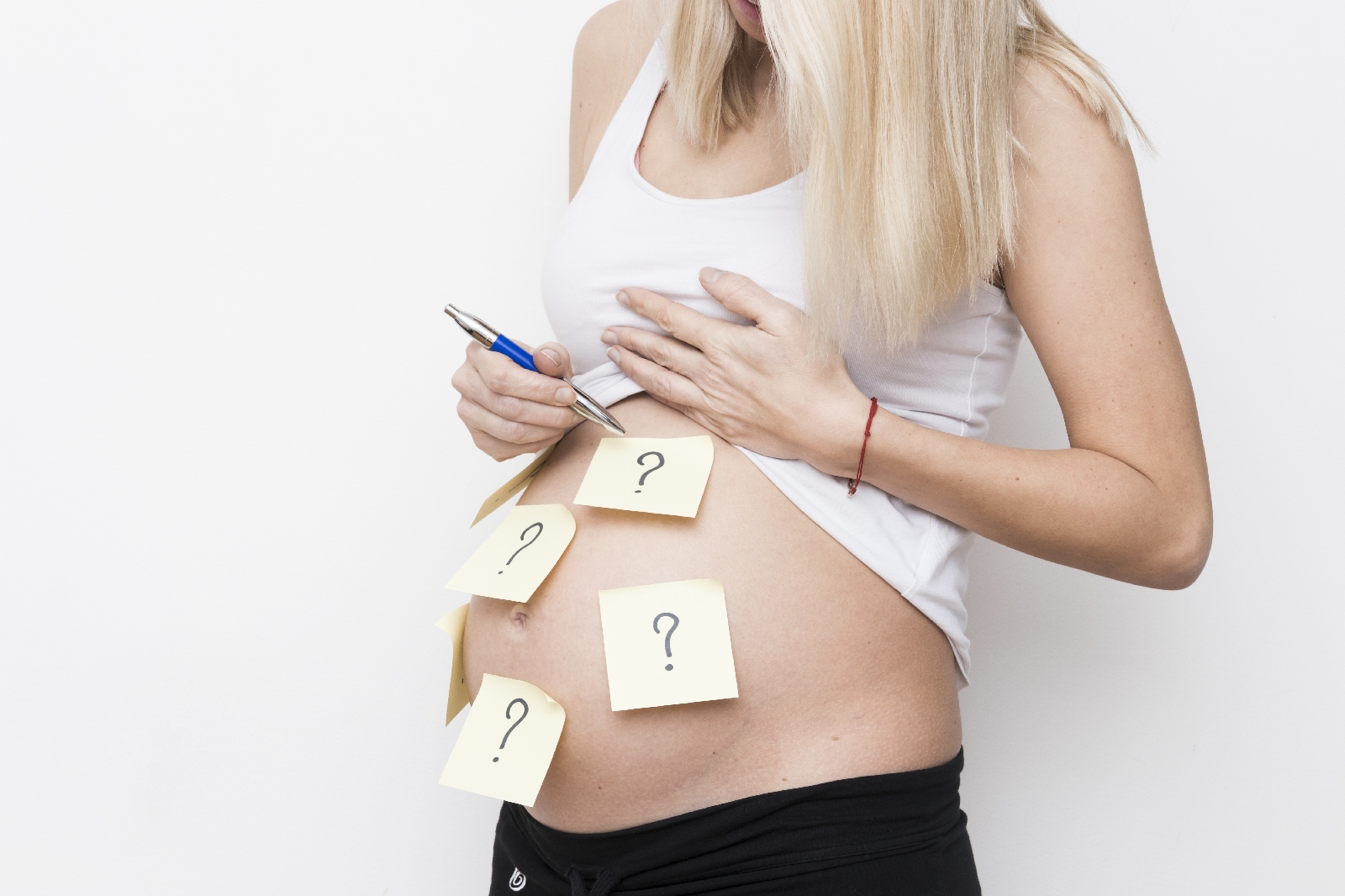If you're wondering, "Am I pregnant?" or "How to detect symptoms in early stage?" you're not alone, this is my personal experience which i am sharing with you. The early stages of pregnancy come with a variety of symptoms that can be subtle yet significant. In this comprehensive guide, we'll explore the common signs of early pregnancy and the methods to detect them.
Early Pregnancy Symptoms and how to look for ?
1) Missed Menstrual Period:
One of the earliest and most noticeable signs of pregnancy is a missed period. If your menstrual cycle is typically regular, a missed period can be a strong indicator that it's time to take a pregnancy test. Always remember following reasons also can be for your delayed menstrual cycle :
- Stress
- Weight changes
- hormone Changes
- Chronic Diseases
- Menopause
- Birth control
- PCOD/ PCOS
keep in mind those things and if anything is not there its time to take test.
2) Implantation Bleeding:
Some women may experience light spots of blood is called implantation bleeding, which occurs when fertilized egg ZYGOTE attached to uterine lining. This can be happen usually when your periods are expected. This symptom is a very common according to my experience i faced this in both of my pregnancies, which can creates a confusion of periods as well. So be careful if you see this kind of bleeding, and if you had any unprotected intercourse than its time to take a test.
3) Breast Changes:
Breast changes are sometimes common before the menstrual cycle but if you feel any major changes in size, if you feel tenderness or sensitivity, maybe you feel breast lil bit heavier also you can see more visible changes on your nipples. so might be the chances you are pregnant, cause usually during the first few weeks your milk glands started developing. so your fuller breasts can tell you its time to take test now.
4) Nausea And Morning Sickness:
Well nausea is quite common if your menstrual cycle is nearby, but if you are feeling this regularly along with the morning sickness, you feel tired and sick as you wakeup specially early morning, this must be a sign of early pregnancy. usually in very a first 1-4 weeks this happens.
5) Increased Urination:
Generally blood flow increased in pelvic area during pregnancy, so more washroom trips can be a sign of early pregnancy.
6) Fatigue:
Your lil embryo demands more energy at this time so due to the hormonal changes you may feel more tired than usual.
7) Mood Swings:
Already your periods gives you lots of mood swings, but if you are pregnant so due to the hormonal changes it can gives you tons if mood swings.
What Are The Methods For Detecting Early Pregnancy ?
1) Home Pregnancy Tests:
Home pregnancy tests are readily available at pharmacies and can detect the presence of the hormone HCG in your urine. For accurate results, it's best to wait until after a missed period. It might take 10 days after your missed period to give you accurate results.
2) Blood test:
A blood test, conducted at a healthcare provider's office, can detect pregnancy earlier than a urine test. Blood tests measure HCG levels, providing a more sensitive indicator.
3) Ultrasound:
While not typically used in the very early stages, but my personal suggestion is to always go for a ultrasound cause this is the most accurate method which can tell you actual gestational ( Baby) age.
Most of Gynecologist have inhouse facilities for ultrasound now a days so they can guide you in a better way.
4) Clinical Signs and Physical Examination:
During a physical examination, healthcare providers may observe signs such as changes in the cervix and uterus that could indicate pregnancy.
Tips To Detect Pregnancy In Early stage
1) Track your menstrual cycle:
Every body is different so every cycles are also different, keep track your cycles carefully, it might be any of between 28-40 days, Depends on your body and conditions, it could be more early or more late then that. so this is the best way to detect your early pregnancy.
you can calculate your ovulation date from
Here
2) Be Mindful Of Your Body:
Pay attention to changes in your body, like any kind of changes in your breasts, Nausea, Fatigue, that all can be for various reasons but while you are experiencing them all together then these are the signs of pregnancy.
3) Take A Home Pregnancy Test:
Whenever in doubt just take a pregnancy test first, follow the instructions carefully written on pack for accurate results.
4) Consult with a Healthcare Professional:
If you suspect you may be pregnant, schedule a consultation with a healthcare professional. They can provide guidance, conduct tests, and address any concerns you may have.
Conclusion
Navigating the early stages of pregnancy detection can be both exciting and overwhelming. Understanding the common signs of early pregnancy and utilizing detection methods such as home pregnancy tests and blood tests can provide clarity. Remember, each woman's experience is unique, and consulting with a healthcare professional is the best way to confirm and manage a potential pregnancy.
always seek a help of good Gynecologist in your city.
In your journey towards parenthood, trust your instincts, pay attention to your body, and seek the support and guidance you need. Whether you're hoping for a positive result or preparing for the next steps, knowing how to detect early pregnancy symptoms empowers you to make informed decisions about your health and well-being.
Congratulations on this exciting chapter of your life!


Informative article
ReplyDelete